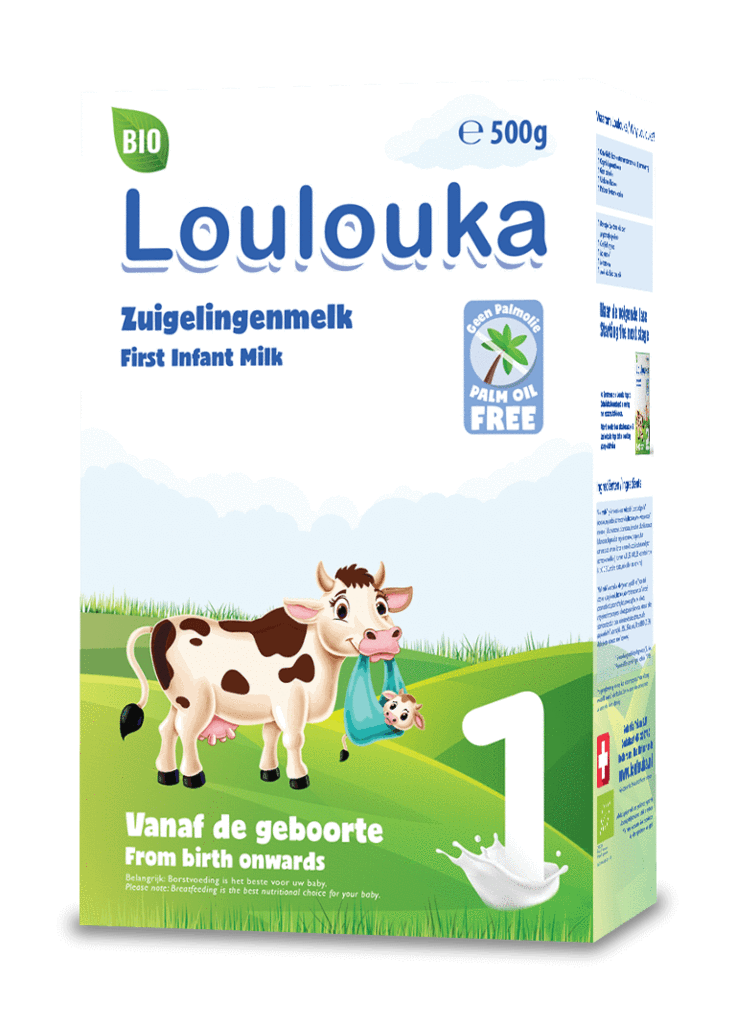For some babies, choosing the right formula is more than just a matter of preference—it’s a necessity. Hypoallergenic formulas play a crucial role in managing and preventing allergic reactions in infants with sensitivities. Understanding why some babies need hypoallergenic formula can help parents make informed decisions about their baby’s nutrition and overall health.
Understanding Allergies in Infants
Infants can develop allergies to various substances, and one common trigger is the proteins found in standard cow’s milk formulas. These allergies can manifest in different ways, including:
- Cow’s Milk Protein Allergy (CMPA): This is the most frequent formula-related allergy, where the baby’s immune system reacts negatively to proteins in cow’s milk.
- Lactose Intolerance: Some babies may have difficulty digesting lactose, the sugar present in milk, leading to digestive issues.
- Soy Allergy: Although less common, some babies who are allergic to cow’s milk may also react to soy-based formulas.
What is Hypoallergenic Formula?
Hypoallergenic formula is specially designed formula for babies with allergies or sensitivities. These formulas have undergone processing to make the proteins more digestible and less likely to cause allergic reactions. They fall into two main categories:
- Hydrolyzed Protein Formulas:
- Partially Hydrolyzed: Proteins are broken down into smaller fragments but may still cause reactions in highly sensitive babies.
- Extensively Hydrolyzed: Proteins are broken down into even smaller pieces, making it easier for babies with severe allergies to tolerate.
- Example: Similac Alimentum is a commonly used extensively hydrolyzed formula designed to minimize allergic reactions.
- Amino Acid-Based Formulas: These formulas contain proteins that are completely broken down into amino acids, the basic building blocks of proteins. They are suitable for babies with severe allergies or those who do not tolerate hydrolyzed formulas.
- Example: Neocate Infant DHA/ARA provides an amino acid-based formula that offers a complete nutritional profile while avoiding potential allergens.
Why Some Babies Need Hypoallergenic Formula
- Managing Severe Allergies: Babies with severe cow’s milk protein allergy or multiple food allergies may react to even trace amounts of allergenic proteins. Hypoallergenic formulas, especially amino acid-based options, offer a safe alternative that minimizes the risk of allergic reactions.
- Easing Digestive Discomfort: For babies with lactose intolerance or sensitivity to standard formulas, hypoallergenic formulas can reduce digestive issues such as gas, bloating, and diarrhea. These formulas are designed to be easier on the baby’s digestive system.
- Preventing Allergic Reactions: Introducing a hypoallergenic formula can help prevent allergic reactions in babies who are at high risk. For instance, babies with a family history of allergies may benefit from hypoallergenic formulas to reduce the likelihood of developing allergies.
- Supporting Nutritional Needs: Hypoallergenic formulas are specifically formulated to provide essential nutrients that support healthy growth and development while avoiding common allergens. This ensures that babies with allergies receive the nutrition they need without adverse effects.
Choosing the Right Hypoallergenic Formula
When selecting a hypoallergenic formula for babies with allergies, consider the following steps:
- Consult with a Pediatrician: It is crucial to work with your pediatrician to determine the most suitable formula based on your baby’s specific allergy profile and nutritional needs.
- Monitor for Reactions: Even with hypoallergenic formulas, it’s important to observe your baby for any signs of allergic reactions or digestive issues and report these to your healthcare provider.
- Understand the Ingredients: Ensure the formula is free from allergens your baby is sensitive to, and review the ingredient list carefully.
Conclusion
Hypoallergenic formula plays a vital role for some babies who have allergies or sensitivities to standard cow’s milk or soy-based formulas. By understanding why these formulas are necessary and selecting the right one, parents can ensure their baby receives the best nutrition without triggering allergic reactions. Always consult with your pediatrician to find the most appropriate formula for your baby’s unique needs. With the right formula, you can help your baby thrive and grow healthily, free from the discomfort and risks of allergies.











